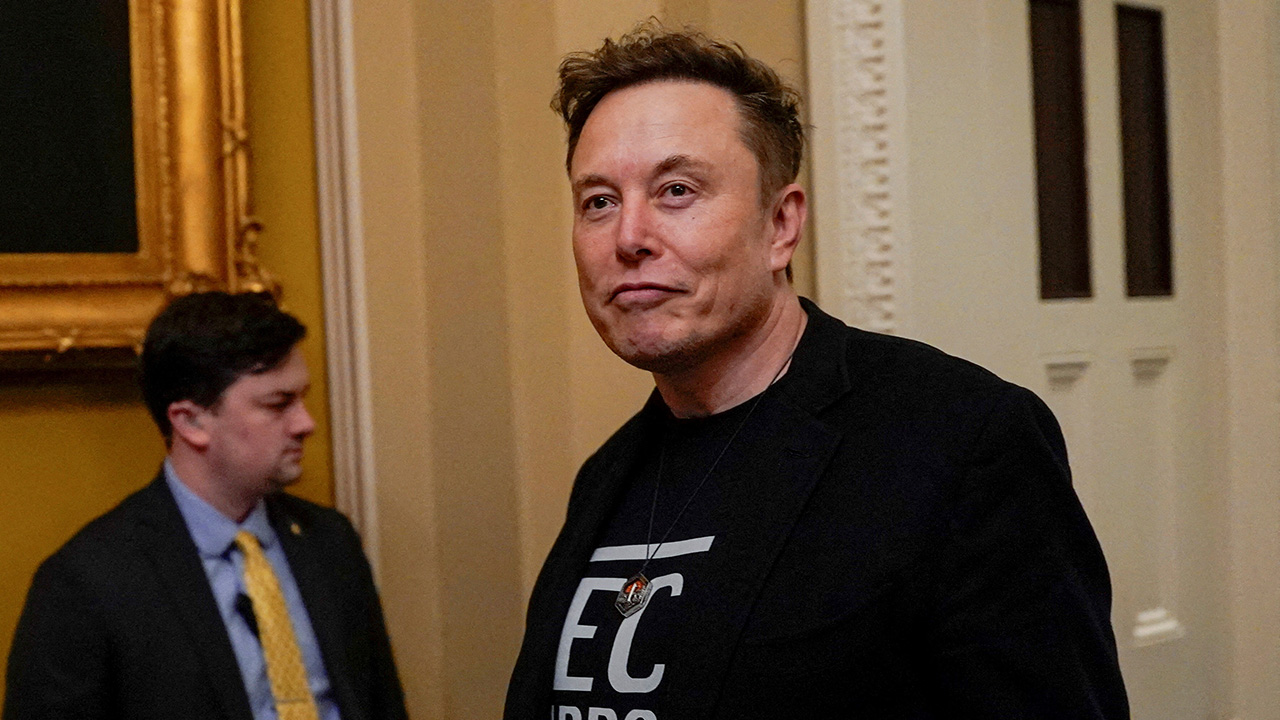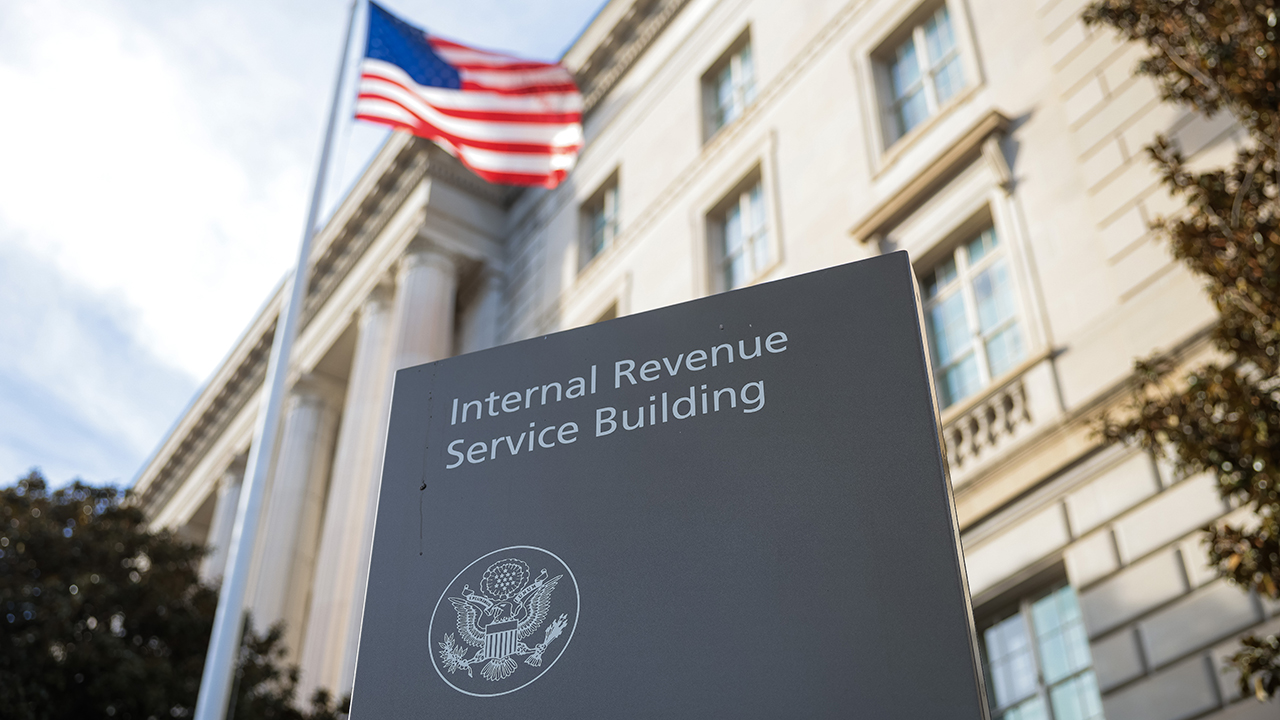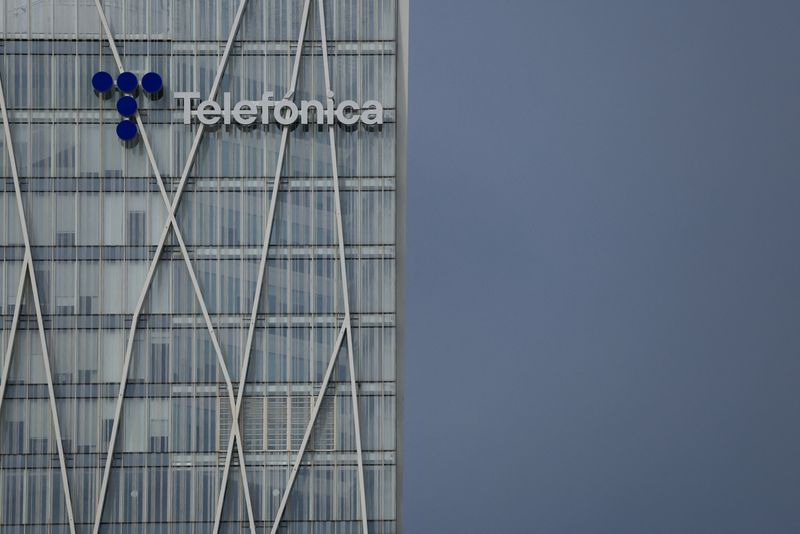Expert says energy abundance will 'rebalance' America as demand hits record highs nationwide

Over the next year, the U.S. is projected to use record amounts of energy, and a new report highlights how America could lead the world in energy production.
"I don't think energy efficiency and abundance are at odds with one another. That is why energy abundance … is resonating so much across both the private sector, the public sector and the Trump administration," Independent Women’s Forum Center for Energy and Conservation director Gabriella Hoffman told Fox News Digital.
"More production, more consumption with American-made energy is very good for us," she continued. "It's not a detriment."
A new report, authored by Hoffman and released Monday exclusively to Fox News Digital, argues that economic prosperity and environmental protection go hand in hand — and that energy efficiency shouldn’t mean energy scarcity.
TRUMP'S ENERGY DEPARTMENT AXES BIDEN-ERA PROJECTS, SAVING TAXPAYERS $7.56B
Meeting rising energy demand driven by manufacturing, technology, transportation, air-conditioning use and artificial intelligence (A.I.) data centers also means reducing dependency on countries such as China, Iran and Russia, which "degrade the environment in pursuit of cheap energy," the report states.
"As we become more prosperous as a society, as we have to meet this growing electricity demand, more energy production and consumption in the United States is not a bad thing … We need to move away from this notion that energy abundance is going to harm the environment … or that we have to decarbonize radically and transfer from a primarily fossil fuel-based and nuclear-based economy to that of 100% renewables," Hoffman explained.
"We have a lot of people consuming energy and we don't have that reliable energy to match that consumption level, putting us in this very dangerous situation — which is why we're seeing skyrocketing bills, we're seeing higher energy prices overall," she said.
Earlier this month, the U.S. Energy Information Administration projected that power consumption will reach record highs over the next two years — rising to 4,191 billion kilowatt-hours in 2025 and 4,305 billion kWh in 2026, up from 4,097 billion kWh in 2024, driven largely by A.I. data centers.
Hoffman emphasizes embracing "all reliable baseload power sources" and calls for expanding diverse, dependable energy options — including oil, gas, coal, nuclear and geothermal — rather than phasing any out in favor of renewables.
The report notes that natural gas accounts for the largest share of U.S. electricity generation at 43.1%, followed by nuclear (20%), coal (16.2%) and geothermal (0.4%). It also projects that the U.S. economy could face a $7.7 trillion loss in GDP by 2040 under net-zero policies — along with 1.2 million job cuts and a 19% rise in electricity rates by 2028.
"Every state in America, all 50 states, have to aspire to be energy independent. It is not enough to lean on Texas, Pennsylvania, and other energy-producing states," Hoffman said. "We're in a laboratory of democracy. Every state can play with energy how they will, but the reality is this – that if you are dependent on unreliable energy, solely solar and wind, you're going to be inviting energy scarcity."
"From the standpoint of our Center for Energy and Conservation at Independent Women, we're largely satisfied as a center with the posture that the Trump administration has adopted and the policies, especially energy deregulation, that they've unleashed. They're catching up for lost time," Hoffman reflected on a national scale.
"The Trump administration has said this abundance posture we have is really going to rebalance things, make sure that the markets — not the government — is determining which sources will work, that the public receives well and that can be adequately shored up, produced, approved, and have that electricity and other derivatives go in a timely fashion to the American people."
Energy abundance is additionally achievable when steps are taken to cut red tape, impose fewer burdensome regulations on industry players, and allow equal access to leases on public lands and waters, according to the report.
Hoffman says overregulation remains the biggest bottleneck in domestic energy production.
"The National Environmental Policy Act, which is NEPA, that's the granddaddy of permitting reform … when that law has not been successfully modernized … it has really inhibited us from constructing new nuclear, new coal, new natural gas and even geothermal and hydropower stations and facilities," she said.
"So permitting reform is going to help unleash more American energy, it's going to be done responsibly, safely, and at the biggest concern for national security interests."
For critics of energy abundance, Hoffman claims there is a good opportunity for faithful debate about why an abundance posture is "superior."
GET FOX BUSINESS ON THE GO BY CLICKING HERE
"It's time for them to get with the times. It may be a little difficult for them to do that because they have a vested interest. Perhaps they're really baked into investments, they're getting a lot of funding in support of this, and you can't anger your donors and supporters for putting out a message that's counterintuitive. But I think reality is going to force them to have to perhaps give a little," she argued.
"A lot of legacy environments have conceded [that] we need natural gas, so I think reality is going to show them that their policy is not workable because of the reality about rising demand and higher electricity prices."















































